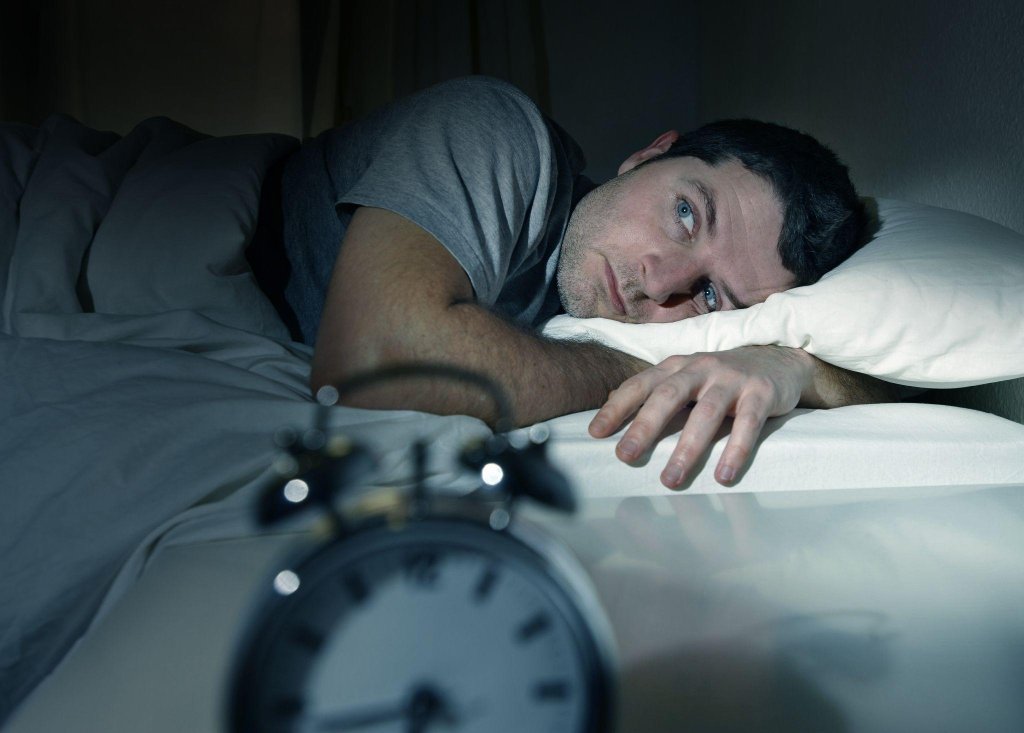You don’t deserve to keep on tossing and turning every night due to lack of sleep. Lack of sleep leads to various problems, including health issues and the inability to focus during the day. Poor sleep also puts you at risk of gaining excess weight and makes it difficult to lose weight if you are on a weight-loss journey. Unfortunately, it is a very common problem brought about by various factors. While you may not be able to control all the factors that make it difficult for you to sleep, try these tips to improve it.
Limit Blue Light Exposure Some Hours Before Sleeping
Exposure to blue light emitted by digital devices such as laptops and phones can make it difficult for you to catch some sleep. It affects your circadian rhythm, reducing the melatonin hormone, which is responsible for helping you relax and sleep. You can limit blue light exposure by not using digital devices two hours before bedtime, but if you must use them, consider getting glasses that block this light.
Have A Sleeping Schedule
Going to bed and getting up at the same time every day can help improve your sleep. It does this by reinforcing the body’s sleep-wake cycle. Set a sleeping schedule and stick to it. Experts recommend that an adult should sleep for at least 7 hours every day. Make sure you don’t sleep less than that. It’s also good to note that oversleeping is not good either. For that reason, avoid sleeping for more than 9 hours a day.
Be Careful About What You Eat or Drink
What cuisine you eat and drink can have a very big impact on the quality of your sleep. Try to avoid taking very heavy meals a few hours before bedtime. You also need to avoid going to bed hungry as it can cause discomforts that make it hard for you to catch some sleep. Also, the timing of your meal intake matters. Experts recommend that a person should take their last meal 3 hours before sleeping. Not taking nicotine and alcohol can also help you sleep better.
Get A Good Mattress
The quality of your mattress greatly affects your ability to fall and stay asleep. If you constantly have sleeping problems and other physical problems such as back and neck pain, your mattress could be the culprit. To have a good night’s sleep, get an organic cotton mattress that provides proper spinal support, does not contain harmful chemicals, and is hypoallergenic, especially if you have respiratory issues.
Limit Napping During the Day
Short naps can be very beneficial, especially when you feel tired and need to relax. Long naps are the problem. When you take a long nap, your internal clock is affected, making it difficult to sleep at night. When you are having problems sleeping at night, and you usually take long naps during the day, try to resist napping, and you might see some improvement.
Exercise

Exercising regularly offers several benefits to the body, including improving sleep. Exercising helps a person sleep better by boosting the production of melatonin, a sleep and relaxation-inducing hormone. Make sure you exercise an hour or two before bedtime.
Avoid Taking Alcohol
Taking alcohol regularly can disrupt your sleep. Although the sedative effects of alcohol can make it easy to fall asleep, it also negatively impacts sleep quality and duration. It reduces the duration of sleep and increases sleep disruptions. Try minimizing the intake of alcohol if you struggle with sleeping.
Improve Your Sleeping Environment
Where you sleep can affect your quality of sleep. Make sure your sleeping environment is conducive, and eliminate all the distractions that interfere with your sleep. For example, if there is noise, try to keep it down as much as possible. Ensure there is adequate ventilation, and have a comfortable bed too. Additionally, ensure that your room is dark. Do this by using blinds, curtains, and shades to block light.
Avoid Taking a Lot of Liquids Before Bedtime
Not taking large amounts of liquids before bedtime can improve the quality of your sleep. Taking too much of liquids will make you get the urge to go to the bathroom, which disrupts your sleep. Although it’s good to hydrate adequately, avoid taking liquids 1-2 hours before sleeping. You can also decrease the chances of having to wake up at night by going to the bathroom just before you sleep.
Limit The Intake of Caffeine in The Evening
Limiting the intake of caffeine and eating more berries can also help improve your sleep. Too much caffeine makes it difficult for you to fall and stay asleep. You can still enjoy your caffeine during the day and avoid taking it in the evening. That allows you to enjoy your favorite caffeinated drinks while preventing the sleeping issues they come with.
Almost everyone will have a sleepless night once in a while. That is very normal. However, if it becomes a habit, you need to make some lifestyle adjustments to improve your sleep. Incorporate the above tips to improve your sleep.

